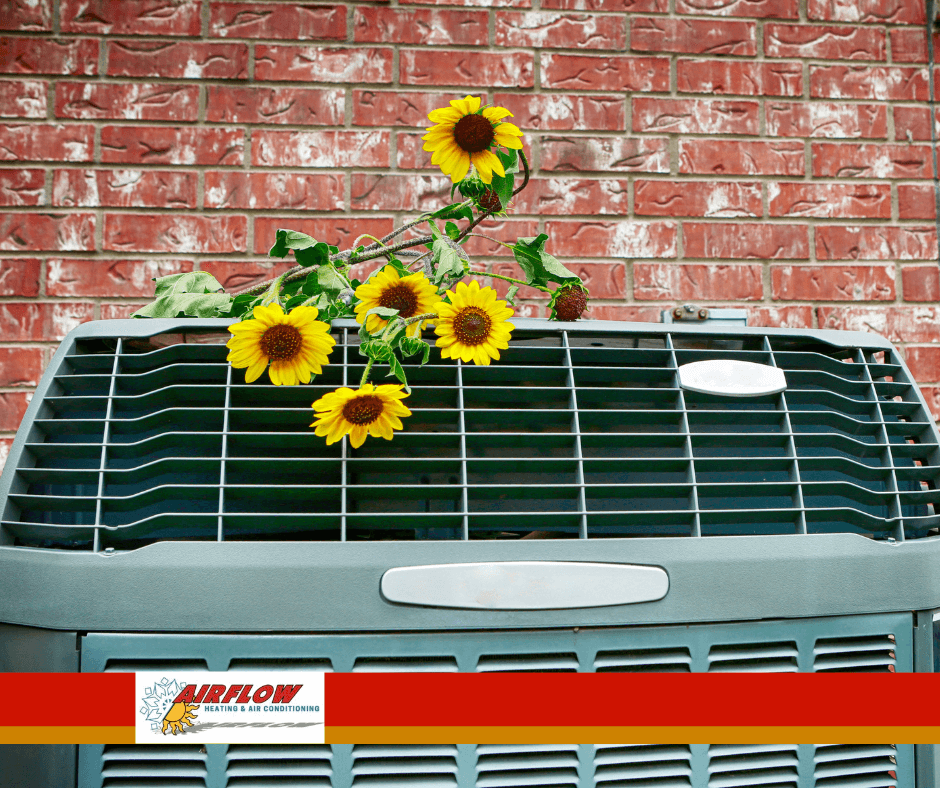Understanding the Impact of Humidity on Evaporator Coil Freezing and Repair Options
from web site

When your air conditioning system starts acting up, one of the most frustrating issues to deal with is a frozen evaporator coil. Homeowners often notice a lack of cool air, weak airflow, or even ice forming on the indoor unit. A key factor behind this problem is humidity, which plays a crucial role in the efficiency of your cooling system. Understanding how excess moisture affects your air conditioner and knowing the best air conditioning repair solutions can help you prevent costly breakdowns and maintain consistent cooling performance.
How Humidity Contributes to Evaporator Coil Freezing
Humidity refers to the amount of moisture in the air, and when levels are high, your air conditioning system has to work harder to remove it. The evaporator coil, responsible for absorbing heat and moisture from indoor air, can become overwhelmed in excessively humid conditions. When the coil becomes too cold due to insufficient heat exchange, condensation accumulates and freezes. This leads to blockages in airflow and disrupts the entire cooling process.
Factors that contribute to excessive humidity and coil freezing include:
-
Restricted Airflow: When air filters are clogged or vents are blocked, warm air fails to reach the evaporator coil, allowing moisture to settle and freeze.
-
Low Refrigerant Levels: A refrigerant leak or insufficient levels cause the coil to drop below freezing temperatures, increasing condensation and ice formation.
-
Thermostat Issues: Incorrect temperature settings or a malfunctioning thermostat can cause prolonged compressor operation, further cooling the coil beyond optimal levels.
-
Drainage Problems: A clogged condensate drain can cause excess moisture to accumulate, making it easier for ice to develop on the coil.
-
Undersized or Oversized AC Unit: If your air conditioning system is not properly sized for your home, it may struggle with humidity control, leading to improper cooling cycles and frozen coils.
Signs That Your Evaporator Coil Is Freezing Due to Humidity
A frozen evaporator coil is not always immediately visible, but some key indicators include:
-
Warm air blowing from the vents despite the AC running
-
Reduced airflow or complete airflow blockage
-
Ice forming on refrigerant lines or around the evaporator coil
-
Water leaks around the indoor unit due to melting ice
-
Increased humidity levels in your home
-
Unusual hissing or bubbling sounds, which may indicate refrigerant leaks
If you notice any of these signs, immediate air conditioning repair is necessary to prevent further damage and restore your system’s efficiency.
Repair Options for a Frozen Evaporator Coil
Once you determine that your AC unit is experiencing coil freezing due to humidity issues, taking swift action is essential. Here are some effective air conditioning repair solutions:
1. Thawing the Coil Turn off your air conditioner and let the ice melt completely. Running just the fan mode can speed up the process. However, this is only a temporary fix—underlying issues must be addressed to prevent recurrence.
2. Checking and Replacing Air Filters Dirty air filters can severely restrict airflow, leading to frozen coils. Replacing filters every one to three months ensures that air circulates freely and prevents moisture buildup.
3. Inspecting Refrigerant Levels A professional HVAC technician should check refrigerant levels and address any leaks. Low refrigerant causes the coil temperature to drop excessively, increasing the risk of freezing.
4. Cleaning the Evaporator Coil Dust, debris, and mold accumulation on the coil can reduce heat exchange efficiency. A thorough coil cleaning improves cooling performance and prevents ice formation.
5. Repairing or Replacing the Thermostat If your thermostat is malfunctioning, it may be causing extended cooling cycles that lead to coil freezing. Upgrading to a smart thermostat can help regulate indoor temperatures more effectively.
6. Unblocking Vents and Ducts Obstructed airflow prevents warm air from reaching the evaporator coil. Ensuring that supply and return vents are open and free from obstructions improves circulation and reduces humidity buildup.
7. Addressing Drainage Issues A clogged condensate drain can cause excessive moisture retention, increasing humidity levels around the coil. Routine maintenance ensures proper drainage and prevents blockages.
8. Evaluating AC Unit Size If your air conditioner is too large for your space, it may cool too quickly without adequately removing moisture. Conversely, an undersized unit may struggle to dehumidify efficiently. An HVAC professional can assess whether your system is appropriately sized for your home.
Preventative Maintenance to Avoid Coil Freezing
The best way to prevent air conditioning repair issues related to humidity and frozen coils is through regular maintenance. Scheduling professional AC tune-ups at least once a year ensures that all components, including the evaporator coil, refrigerant levels, and airflow, are in optimal condition. Homeowners should also take proactive steps like replacing filters, keeping vents unblocked, and monitoring indoor humidity levels.
If your AC unit continues to struggle with humidity-related freezing, consulting with an experienced air conditioning repair specialist is the best course of action. Prompt repairs and preventive measures can extend the lifespan of your HVAC system, improve energy efficiency, and ensure consistent cooling comfort during hot and humid months.
